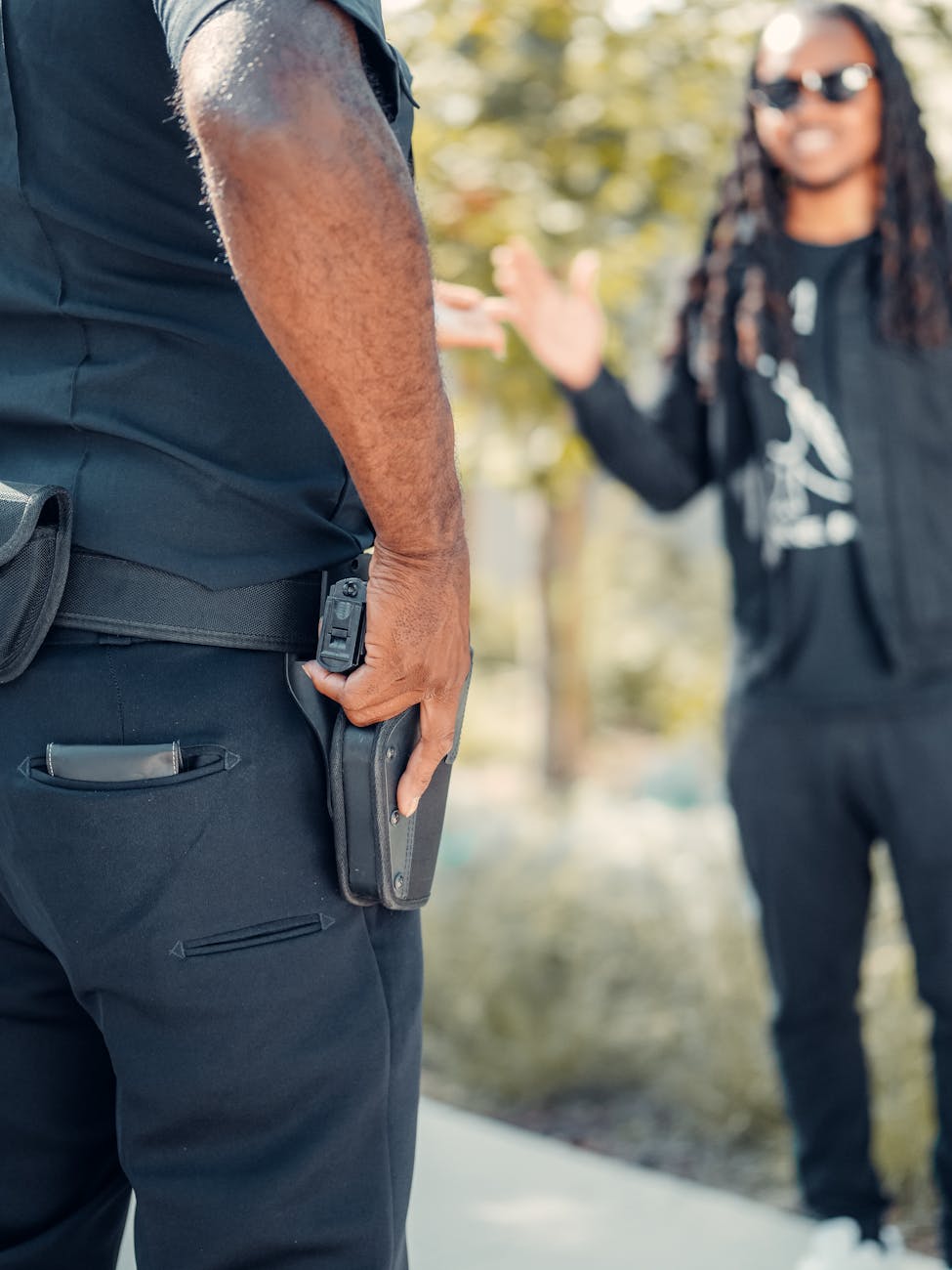Fox Host Faces Backlash Over Disturbing Comment
Brian Kilmeade, co-anchor of the popular morning show ‘Fox & Friends’, has found himself at the center of controversy following a shocking remark made on air. While discussing the tragic killing of Iryna Zarutska, a Ukrainian woman, Kilmeade suggested that homeless individuals should be subjected to “involuntary lethal injection.” This statement, deemed “extremely callous” by critics, has ignited a firestorm of backlash and calls for accountability.
The Context Behind the Remark
The comments came during a segment that aimed to address issues surrounding crime and homelessness. Kilmeade’s suggestion was not only jarring but also indicative of a larger trend in media discussions about social issues. It raises a critical question about how public figures discuss sensitive topics, especially those involving vulnerable populations. While the intention may have been to provoke thought about crime rates and societal responsibilities, the execution fell flat, landing like a lead balloon.
Immediate Reactions and Apology
Following the backlash, Kilmeade quickly issued an apology, recognizing that his words had crossed a line. He expressed remorse for his insensitivity, emphasizing that such comments do not reflect his true feelings or beliefs. Apologies in the media world often serve as damage control, but they also highlight a deeper issue: the need for more thoughtful discourse around complex social challenges. Kilmeade’s remarks have sparked not only outrage but also a broader conversation about the responsibilities of media personalities in shaping public opinion.
The Fine Line in Media Commentary
Kilmeade’s gaffe is a stark reminder of the fine line media personalities walk when discussing contentious issues. The role of a host is to engage viewers, but there’s a responsibility to do so with a sense of humanity and respect. Comments like Kilmeade’s can perpetuate harmful stereotypes and contribute to public misunderstanding of serious issues, such as homelessness and mental health. It’s a wake-up call for all media professionals to consider the impact of their words.
The media environment today is increasingly polarized, with commentators often resorting to sensationalism to grab attention. While shock value can drive ratings, it also risks alienating audiences and feeding into societal divides. Kilmeade’s comment is a case study in how easy it is to cross the line from provocative to offensive, and it underscores the need for more responsible reporting.
The Ripple Effects of Media Statements
When public figures make inflammatory comments, the fallout can extend well beyond the individual involved. Media statements have the power to shape public perception, influence policy discussions, and even affect the lives of those being discussed. In this case, Kilmeade’s words could reinforce negative stereotypes surrounding homelessness, which is already a stigmatized topic in society. The repercussions of such statements can further marginalize already vulnerable groups.
Moreover, the media’s role is not just to report but also to educate. As influential voices in society, media figures have the opportunity to foster understanding and compassion. A more nuanced discussion about homelessness could include the systemic issues contributing to it, such as lack of affordable housing, mental health resources, and economic opportunities. Instead, Kilmeade’s comment detracted from these critical conversations.
Conclusion: A Call for Thoughtful Dialogue
In an age where media commentary can reach millions within seconds, the stakes are higher than ever. Kilmeade’s comment serves as a cautionary tale about the power of language and the responsibility that comes with it. The media landscape demands voices that contribute to constructive dialogue, rather than sensationalism that undermines the gravity of serious societal issues. The challenge for all media figures is to balance engagement with empathy, ensuring that their platforms foster understanding rather than division.
Questions
What are your thoughts on Kilmeade’s apology? Do you believe media figures should be held accountable for insensitive comments? How can we encourage more respectful discussions about sensitive topics in the media?


